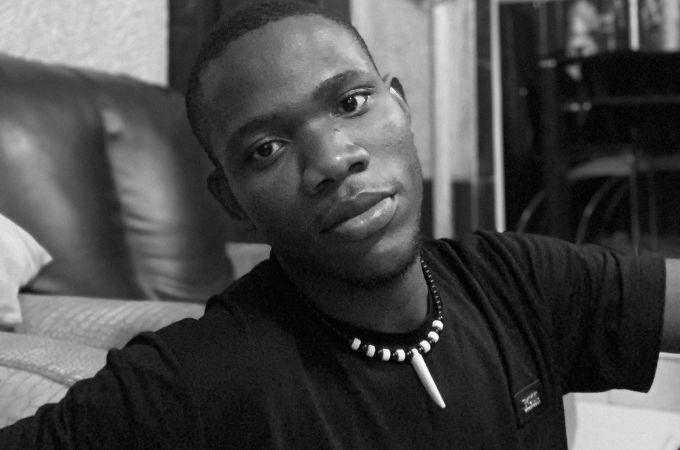
The Nigerian writer and our own contributor Chukwuebuka Ibeh was recently a guest on the weekend breakfast show for the Johannesburg-based radio Talk 702, to speak with the South African radio presenter Gugu Mhulungu.
The conversation is centered around Chukwuebuka’s short story “Miracle,” which emerged runner-up winner of the JF Powers Prize for Fiction. It also touches on a variety of topics including Chukwuebuka’s literary influences, his writing process, and future projects.
Here are some of our favorite excerpts from the interview:
On his literary influences:
“Whenever I’m asked to name the writers I love, I find myself getting flustered and forgetting. But the ones that quickly come to mind right now – I am in awe of the Indian writer Jhumpa Lahiri. Her writings are usually very slow and quiet. They take their time to built effect… I also have a lot of respect for the American writer Raymond Carver, I love Joyce Carol Oates, Chimamanda Ngozi Adichie and Buchi Emetcheta. These are some of the few whose works I find myself going back to over and over again.
On his writing process:
My writing is a solitary process. I write best when I’m alone, and lonely. Because I like to hear myself think, and the best way to achieve that is when I’m sufficiently bored. I write best in the mornings – I take a long time to think about what I want to write. If I get a story idea, I try not to get to it at once, give it time to fester, until it’s almost trying to jump out.
On the question of self-satisfaction:
I am often very dissatisfied with my work. I still feel a sense of incompleteness about some of my published stories, and I go back, even now, to edit. I think you never really finish your story. The writer Zadie Smith whom I adore once said something I live by: ‘Resign yourself to the lifelong sadness that comes from never being satisfied.’ It defines my creative life somewhat and I’ve made peace with it. To cope, I talk myself into getting to the point where I put my foot down and decide that the story is ‘done’ – at least for the reader, because it’s never really ‘done’ for me.”
Listen to the full interview here.









COMMENTS -
Reader Interactions